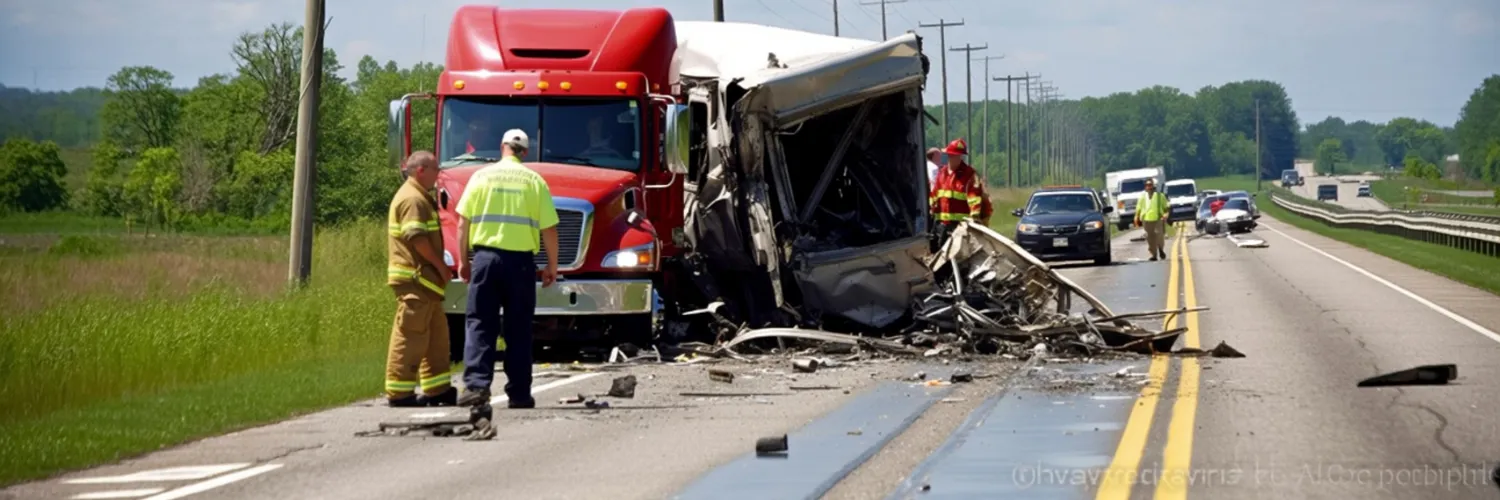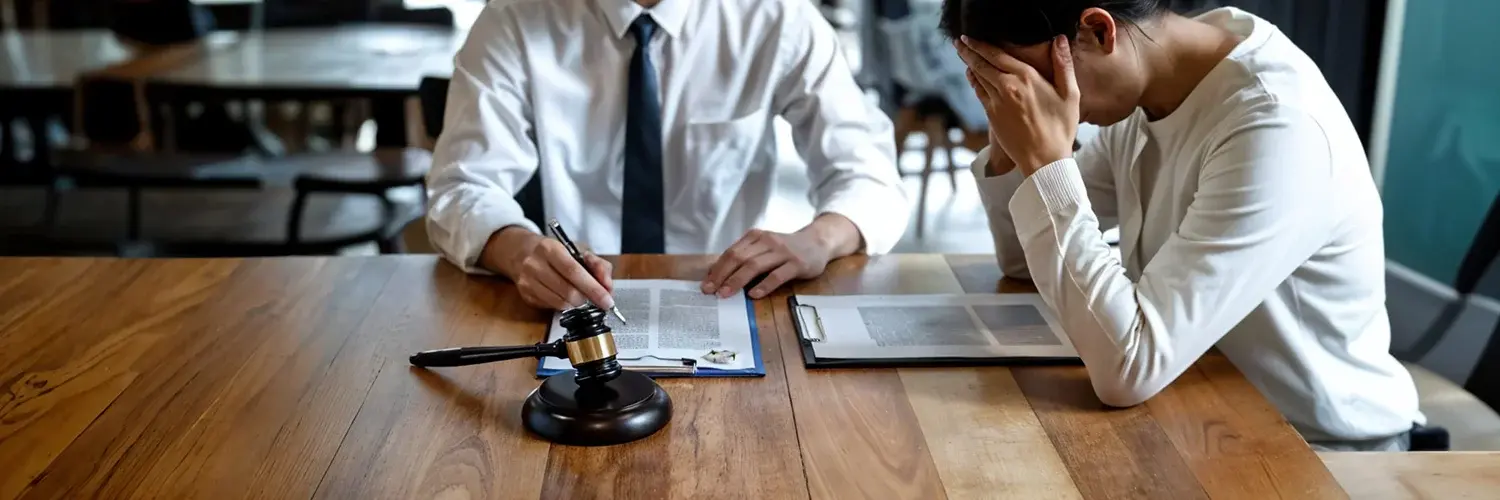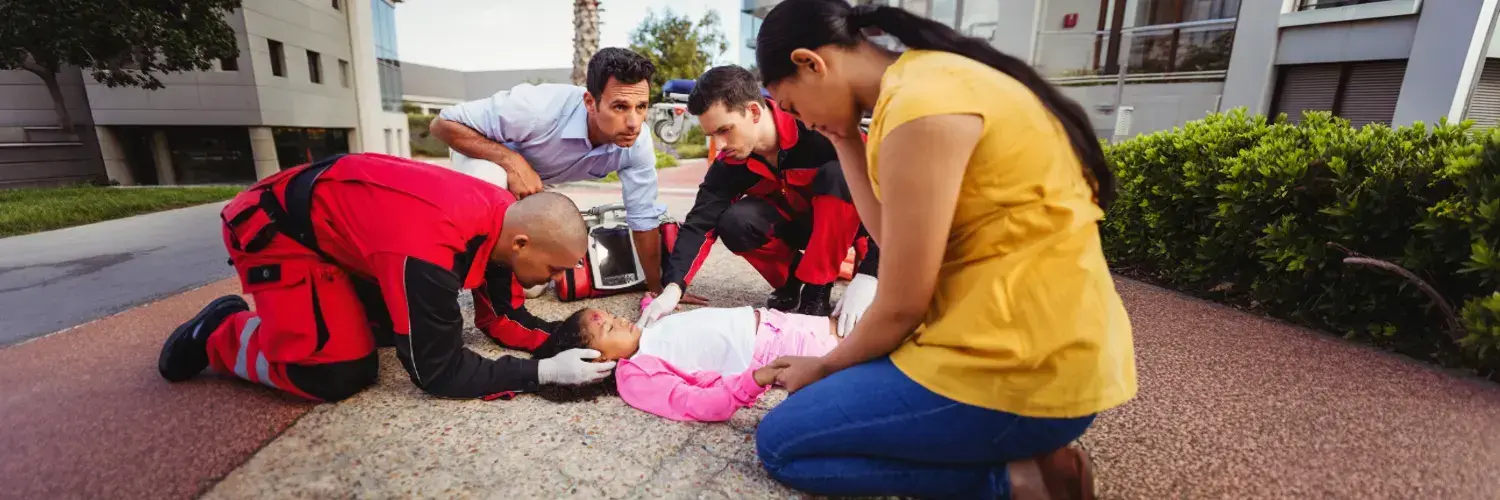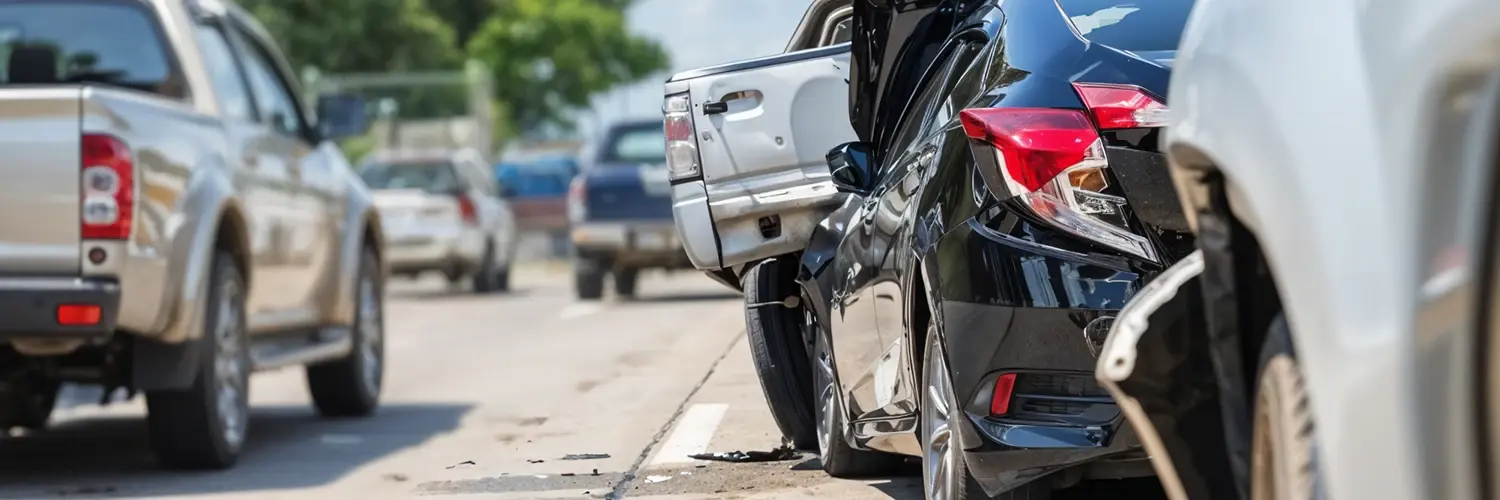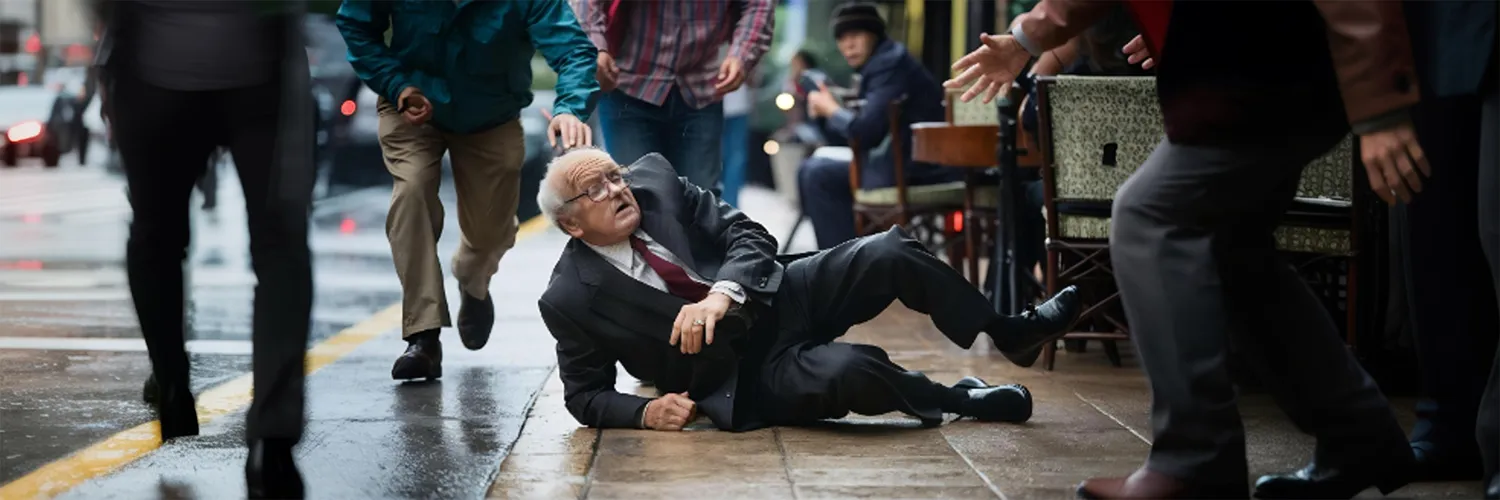Slip and fall accidents often leave victims dealing with medical expenses, lost wages, and long recovery times. In Texas, proving fault is essential to receiving fair compensation. With the guidance of an experienced slip and fall lawyer Dallas TX victims can build strong claims supported by evidence and legal strategy.
Step-by-Step Guide to Proving Fault in a Slip and Fall Case in Texas
Successfully proving fault in Texas requires a structured approach. Each step builds the foundation of a strong claim:
-
1. Seek Immediate Medical Attention
- Get treatment right away, even for injuries that seem minor.
- Medical records serve as the first piece of evidence linking the accident to the injuries.
- 2. Report the Incident
- Notify the property owner, manager, or staff on-site.
- Request a written incident report and keep a copy for your records.
- 3. Document the Scene
- Take clear photographs of the hazard, surrounding area, and any warning signs (or lack thereof).
- Capture conditions such as lighting, weather, or broken flooring.
- 4. Gather Witness Information
- Collect names and contact details of anyone who saw the accident.
- Witness statements can confirm the hazard and the circumstances of the fall.
- 5. Preserve Evidence
- Save your clothing and shoes from the day of the accident.
- Retain all medical bills, test results, and records of missed workdays
- 6. Establish Negligence
- Work with your attorney to prove that the property owner either created the hazard, ignored it, or should reasonably have known about it.
- This step is central to Texas premises liability law.
- 7. Consult a Slip and Fall Lawyer
- An experienced attorney investigates maintenance logs, requests surveillance footage, and, when needed, brings in expert witnesses such as safety specialists or medical professionals.
- Legal representation ensures that evidence is presented effectively during negotiations or trial.
Premises Liability Law in Texas
Property owners in Texas have a duty to maintain safe conditions for visitors. This responsibility falls under premises liability law. When hazards such as wet floors, broken tiles, or poor lighting cause injuries, the property owner may be held responsible
To establish liability, the injured person must prove:
- The property owner owed a duty of care.
- The duty was breached because of unsafe conditions.
- The breach directly caused the injury.
- The victim suffered damages such as medical bills or lost income.
Evidence That Strengthens a Slip and Fall Claim
Evidence plays a decisive role in personal injury claims. After an accident, victims should:
- Take photos of the scene, hazard, and injuries.
- Collect witness contact details and statements.
- Request surveillance footage if available.
- Save medical records and treatment bills.
Proving Negligence in Texas
Negligence is at the center of slip and fall claims. Under Texas law, victims must prove that a property owner:
- Created the hazardous condition,
- Knew about the hazard but failed to act, or
- Should have reasonably known about the danger.
Comparative Negligence Rule in Texas
Texas applies a modified comparative negligence rule. A victim may still receive compensation if they share some fault, as long as they are found less than 51% responsible. Compensation is reduced in proportion to their level of fault.
For example, if a person was distracted on their phone but the store failed to put out a “Wet Floor” sign, both parties may share liability. A lawyer helps present evidence in a way that reduces the victim’s percentage of fault.
Common Places Where Slip and Fall Accidents Occur
Slip and fall incidents in Texas frequently happen in
- Grocery stores
- Shopping malls
- Apartment complexes
- Office buildings
- Hotels and restaurants
- Parking lots
Role of a Store Injury Lawyer in Dallas
When accidents occur in retail environments, large corporations often have legal teams working to protect their interests. A store injury lawyer Dallas helps victims by:
- Reviewing store inspection and cleaning records.
- Checking employee training and safety protocols.
- Interviewing staff to confirm maintenance practices.
Proving Damages in Slip and Fall Cases
Slip and fall damages extend beyond immediate medical bills. Victims may recover compensation for:
- Ongoing medical care or physical therapy.
- Lost wages or reduced earning potential.
- Pain and suffering.
- Permanent disability.
- Reduced quality of life.
Why Working With a Lawyer Matters
Insurance companies often argue that victims were careless or that the hazard could not have been prevented. Without legal support, these arguments can weaken a valid claim.
An experienced slip and fall lawyer provides:
- Access to expert witnesses.
- Legal knowledge of Texas statutes.
- Negotiation skills for settlements.
- Trial preparation if needed.
Conclusion
Proving fault in a slip and fall case in Texas depends on solid evidence, strong legal strategy, and the right representation. Knowing how to win a slip and fall case in Texas starts with having an experienced attorney on your side.
At Khan & Cage Law, our team is committed to helping victims of slip and fall accidents secure the compensation they deserve. We understand the challenges these cases bring and provide the guidance, evidence gathering, and legal strategy needed to achieve results.
Schedule your free consultation today with Khan & Cage Law and take the first step toward protecting your rights.
Frequently Asked Questions (FAQs)
1. How much time do I have to file a claim?
Victims in Texas usually have two years from the date of the accident to file a personal injury lawsuit.
2. Will my case go to trial?
Many slip and fall cases settle before trial, but strong evidence is necessary for negotiations and courtroom preparation.
3. What happens if I was partly at fault?
Under Texas law, victims may still receive compensation if their fault is less than 51%.
4. What type of evidence helps the most?
Photos, witness statements, medical records, and surveillance footage often carry the most weight in proving negligence.
